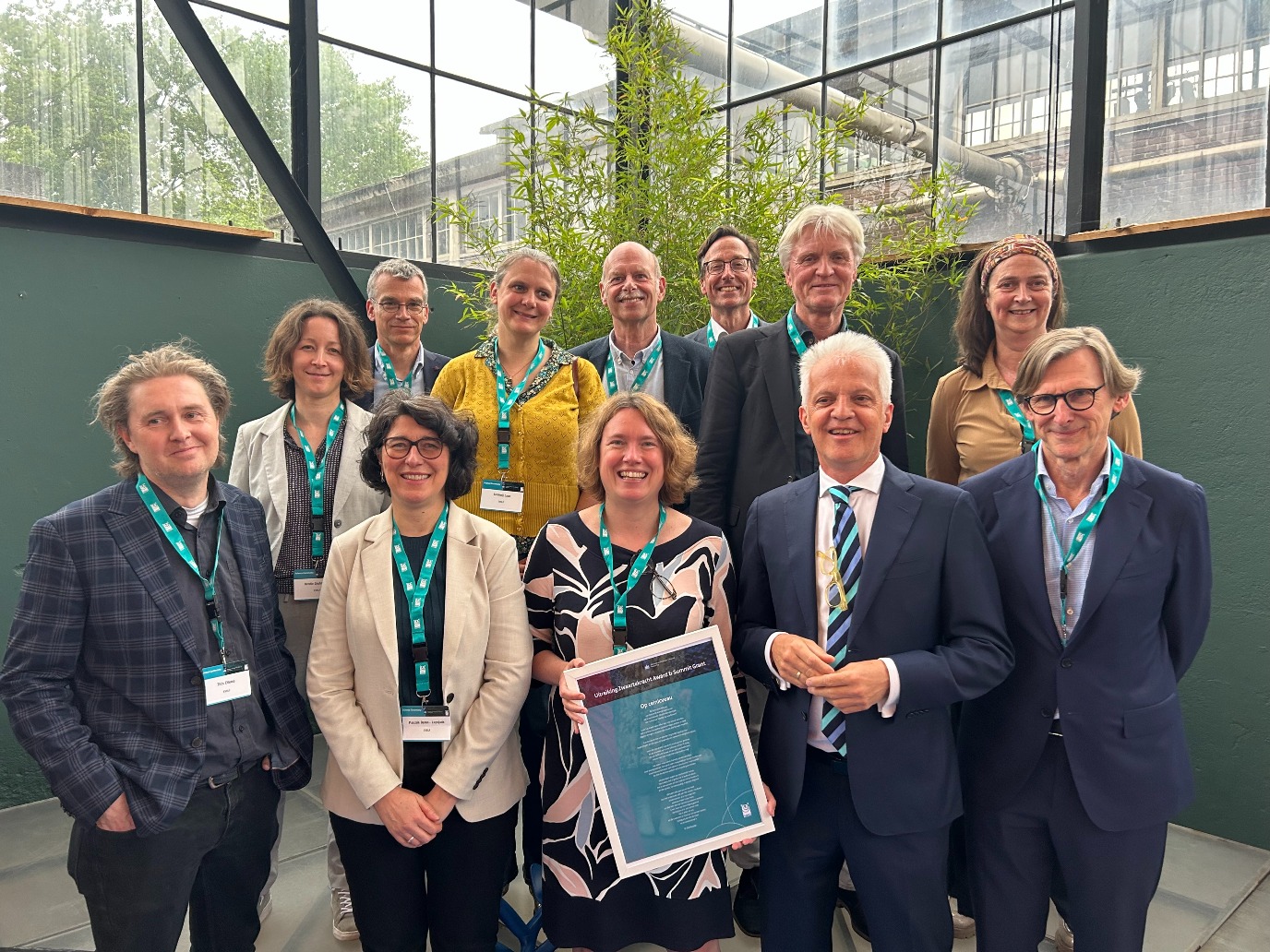NWO Summit grant for research into molecular basis of life
Researchers from the Groningen Biomolecular Sciences and Biotechnology Institute of the Faculty of Science and Engineering (RUG) are partners in a research team that will receive a 40 million euros NWO Summit grant for research at the interface of chemistry and biology. The multidiciplinary team, led by TU Delft, will investigate whether it is possible to make living cells from lifeless molecules. In doing so, they will use laboratory evolution and artificial intelligence to engineer complex systems for the first time.
The Summit grant is a onetime, ten-year funding for Dutch top scientists and is an initiative of demissionary Minister Dijkgraaf of Education, Culture and Science. From the UG, Prof. Bert Poolman is responsible for one of the five work programs. For its implementation, the RUG will receive approximately 4 million euros for the first five years.

Insight into basis of life
With the 10-year research program “Evolving life from non-life” (EVOLF), the research team is focusing on the essential question of existence: what is life? From lifeless biomolecules, the researchers will try building a living synthetic cell with the core properties of life. Poolman: 'This is one of the greatest challenges in biomolecular science and technology. Building a synthetic cell will provide unknown insights into the molecular basis of biological life.'
New approach
This approach builds on the previous pioneering work in biophysics and biochemistry of the researchers involved. Now they can move forward, with an entirely new approach that will use artificial intelligence and focused laboratory evolution to accelerate the building of synthetic cells. In addition to physicists, biologists, chemists and engineers, the team includes philosophers and ethicists. Together, they are also establishing ethical guidelines for responsible human control of synthetic life.
Poolman: 'This grant allows us to continue working on questions that can only be solved as a joint effort. It enables us to strengthen our international position for a long time and to train a new generation of researchers.'
Consortium partners
The consortium consists of scientists from TU Delft, AMOLF, University of Groningen, Radboud University, Wageningen University & Research, Hubrecht Institute and VU. The Groningen team consists of the groups of Prof. Dirk Slotboom, Prof. Matthias Heinemann, Dr. Julia Kamenz, Prof. Siewert Marrink and Prof. Bert Poolman.
Read more:
More news
-
19 December 2025
Mariano Méndez receives Argentine RAÍCES award
-
18 December 2025
Why innovate, and for whom?
-
17 December 2025
Ben Feringa wins Feynman Prize
